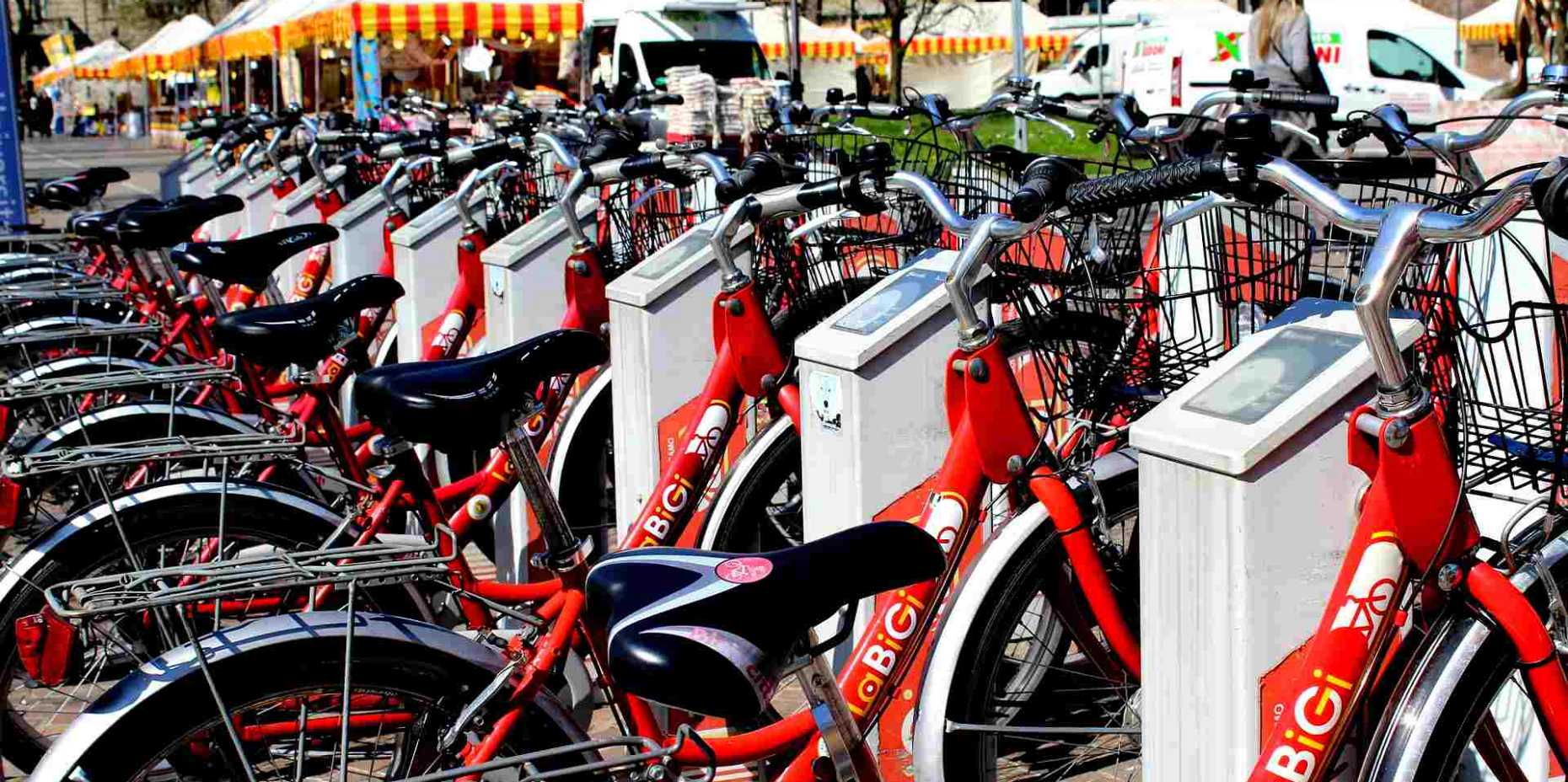Sharing is saving
How collaborative mobility can reduce the impact of energy consumption for transportation
Project details
Duration
10.2014-03.2018
Sponsor
external page SNSF Swiss National Science Foundation
Staff
Prof. K.W. Axhausen, H. Becker, F. Ciari and B. Schmid
Summary
The project searches for solutions to limit the negative impacts of transportation on the society and the environment. The focus will be especially on the reduction of energy consumption of transport sector. We will look at how new mobility options - in particular collaborative mobility system such as carsharing, bikesharing, ridesharing etc. - can be extended beyond their current size limits and how they would interact with the existing transport system and among them. The main tool for the assessment of various possible solutions is the agent-based transport simulation MATSim developed at the IVT. It allows simulating scenarios representing different degrees of supply of such modes with high spatial and temporal resolution permitting an evaluation of the impacts on the whole system and a precise calculation of energy consumption. Based on the results of initial scenarios, Stated choice questionnaires will be generated and a survey will be conducted. It will aim at understanding if and under which conditions such solutions would be accepted by the public. The responses are the input to estimate choice models which will be then integrated in the simulation in order to increase their realism. This successive series of simulations allows a better understanding of the potential of collaborative mobility as a mean to reduce energy consumption, and gives guidelines for the policies which should be put in place to support their diffusion.
